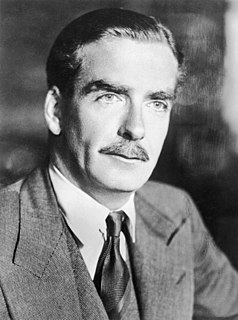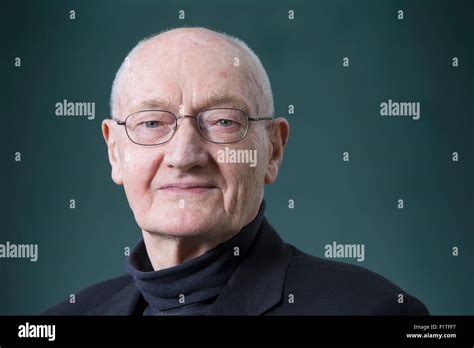Цитата Б. Р. Амбедкара
Вопрос не в том, живет сообщество или умирает, вопрос в том, в каком плане оно живет? Есть разные режимы выживания. Но не все одинаково благородны.
Связанные цитаты
Благодаря моему опыту работы с Occupy, вместо того, чтобы задавать вопрос: «Кому будет выгодна эта система, которую я внедряю с данными?» Я начал задавать вопрос: «Что будет с самыми уязвимыми?» Или «Кто проиграет при этой системе? Как это повлияет на самого неблагополучного человека?» Что сильно отличается от вопроса «Как это улучшает жизнь некоторых людей?»
Когда самолет разбивается и одни умирают, а другие живут, скептик ставит под сомнение моральный характер Бога, говоря, что Он избрал одних жить, а других умереть по прихоти; однако вы говорите, что это ваше моральное право выбирать, жить ребенку внутри вас или умереть. Вам это не кажется странным? Когда Бог решает, кому жить, а кому умереть, он безнравственн. Когда вы решаете, кому жить или умереть, это ваше моральное право.
Мы пытаемся уйти от вопроса о существовании с помощью собственности, престижа, власти, обладания, производства, удовольствия и, в конечном счете, пытаясь забыть, что мы — что я — существуем. Сколько бы он ни думал о Боге, ни ходил в церковь, ни верил в религиозные идеи, если он, весь человек, глух к вопросу о бытии, если у него нет на него ответа, он маркируется. время, и он живет и умирает, как одна из миллиона вещей, которые он производит. Он думает о Боге вместо того, чтобы переживать Бога.
Я думаю, что да, но не в том смысле, что мне это нравится, а в том, что это важный вопрос. Это вопрос: «Означает ли присутствие боли, что Богу все равно? Разве Бог меня больше не любит?» Я думаю, что это очень распространенная связь, которую мы склонны устанавливать. Я часто вижу это в своей жизни и в жизни других людей.
































